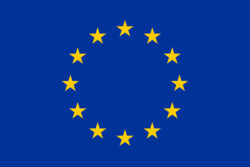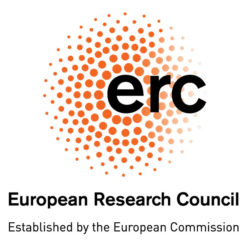About
One of the most profound effects of the war efforts of combatant nations during the First World War was the high number of casualties caused by industrial warfare. The Men, Women and Care project explores the structures which developed in Britain in the interwar years to provide medical and social care to the unprecedented number of war disabled. It further examines how different spheres of care were shaped by gendered understandings of care-giving and utilized gender to mobilize support for disabled ex-servicemen.
At the centre of the project is the development of an internationally significant database of material relating to the care of British disabled ex-servicemen, drawing on the 22,756 files held in the PIN 26 section of the National Archives, Ministry of Pensions and Successors: Selected First World War Pensions Award Files. The creation of the database will enable team members both to carry out quantitative analysis of data recorded, and to identify relevant files for closer qualitative analysis of the documents they contain. The database itself will be developed as a research tool in conjunction with the National Archives.
While there have been the care provided to disabled ex-servicemen across Europe by charities, and of the relationships between the State and the veteran in interwar Europe, this is the first study to examine the role of institutions alongside and in relation to the informal social and medical care provided by the family. Through its examination of issues of political and domestic responsibility for the care of disabled ex-servicemen, issues with continuing relevance in light of the survival of severely disabled service personnel in contemporary conflicts, the project seeks both to make a significant intervention into historical debates around the development of medical practice in the first half of the twentieth century and to engage with contemporary policy makers working on the provision of medical and social care. By utilizing the prism of gender studies to explore the provision of care across societies, the project interrogates social and cultural understandings of care-giving in the first half of the 20th century in order to gain insight into historic relationships between men, women and care.
This project has received funding from the European Research Council (ERC) under the European Union's Horizon 2020 research and innovation programme under grant agreement No 638694


